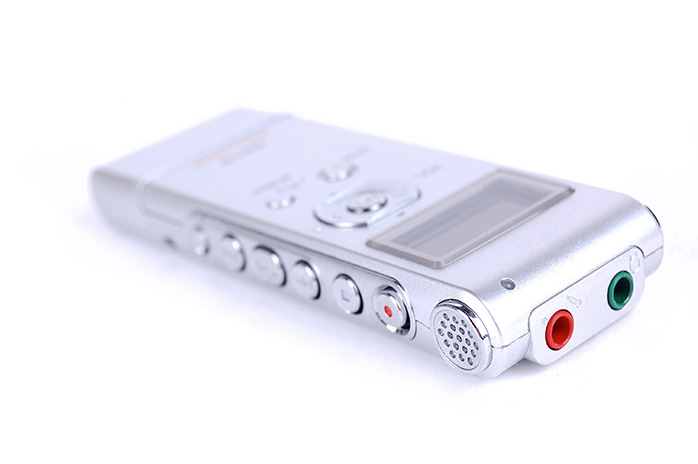
By Michael Burns, courtesy SBAM Approved Partner ASE
With the disclosure that Omarosa Manigualt Newman, former Director of Communications for Trump’s Office of Public Liaison and Apprentice show contestant, recorded conversations, including her termination from employment in supposedly one of the most secure places on earth, a common employer has to wonder what kind of unauthorized recordings could occur unbeknownst to them. Is there any recourse they might have if an employee records a sensitive conversation for use at a future appropriate time?
What legal concerns and protections are out there?
Michigan Wiretapping Law
Most, if not all, states have passed wiretapping laws that address the question of using a recording device to eavesdrop on a conversation without consent. Michigan has a law that makes it a crime to eavesdrop on a conversation without the consent of all parties (Mich. Comp. Laws § 750.539c). However, Michigan is one of 12 states that is not “all party consent” as most states are. A Michigan Court ruled that private conversation may be recorded without violating the law because the term “eavesdrop” refers only to overhearing or recording the private conversation of others (Sullivan v. Gray, 342 N.W. 2d 58, 60-61 Mich. Ct. App. 1982). Therefore, in Michigan, as long as one party to a conversation agrees to it the recording is legal.
Michigan employers beware. An employee may record conversations that they personally are a participant in without giving you notice. Employee relations aside, the employer of course can do the same with its employee.
If they are not a participant and record a conversation either in person or on the phone, they could be in violation of the law that could result in both criminal and civil liability. The criminal penalty is two years in jail and $2000 for willfully using a device to eavesdrop on a conversation without the consent of all parties. This crime also extends to “using or divulging” any information that they did or may have known was obtained through illegal eavesdropping.
National Labor Relations Act
For quite a long time the National Labor Relations Board (NLRB) has also held employees have the right, “under Section 7 of the NLRA to photograph and make recordings in furtherance of their right to engage in protected concerted activity.” This particular protection received a lot attention in the past 10 years as the NLRB extended the coverage of this protection by challenging non-union employer policies and rules (which the NLRB sees as the same) that restrict recording and photographing by employees in the workplace. Until recently, the NLRB stated rules prohibiting the recording or photographing in the workplace were considered a breach of the NLRA regardless of the business reason for the rule.
However, just last week the Trump NLRB published a new advice memorandum stating rules prohibiting audio recordings could be lawful if there was a legitimate business reason for the rule (GC Memorandum 18-04). It is still recommended employers tailor No Recording/Photographing rules narrowly to business purposes.
Under the NLRA an individual employee caught and disciplined for breach of an employer no recording/no photography rule would not be penalized. They would be most likely fighting for their job and asking the NLRB for relief. Should the NLRA be brought to bear against an employer that was illegally enforcing a rule, the NLRB’s recourse is to issue an order against the rule. It may also require the employer to post a notice to employees rescinding the rule. It could order re-employment if the employee caught making the recording was terminated, and this could include back-pay. If the employer refuses to obey the order, the NLRB can take the employer to federal court. The orders are not aimed at punishment, but to correct the protected concerted activity right.
It is recommended if an employee is caught recording a conversation without the knowledge of the employer, start with a question to find out why they did it. If the response involves broader concerns about common employee issues (safety, wages, and terms of employment, etc.) then the action may be protected concerted activity. Consult with qualified legal counsel.
At the end of the day an employer has the right to manage their operations for legitimate business purposes. Just determine what the business purpose is behind a rule rather than create a rule with blanket or overbroad purpose. A purposefully tailored rule that considers legitimate business interest may involve security concerns, protection of property, protection of proprietary, confidential, and customer information, avoiding legal liability, and maintaining the integrity of operations. Restricting audio recordings can also encourage open communication among employees.
The following are two no recording rules that the NLRB considers acceptable under its category 1 type rule if for legitimate business purposes and not to squelch concerted activity.
“Employees may not ‘record conversations, phone calls, images, or company meetings with any recording device’ without prior approval.”
“Employees may not record telephone or other conversation they have with their coworker, managers, or third parties unless such recordings are approved in advance.”